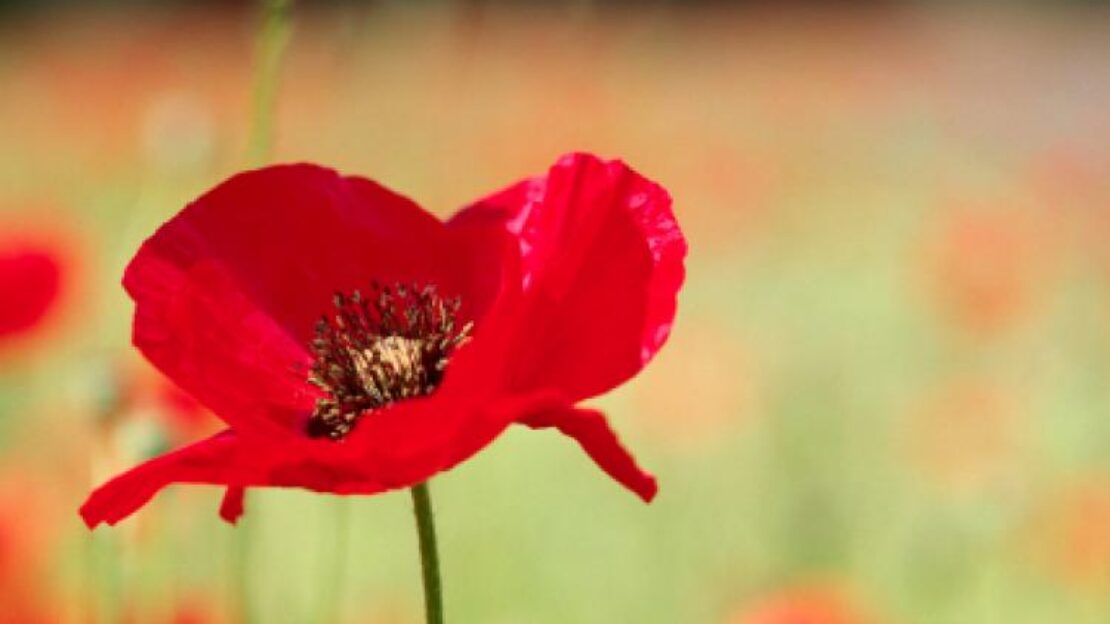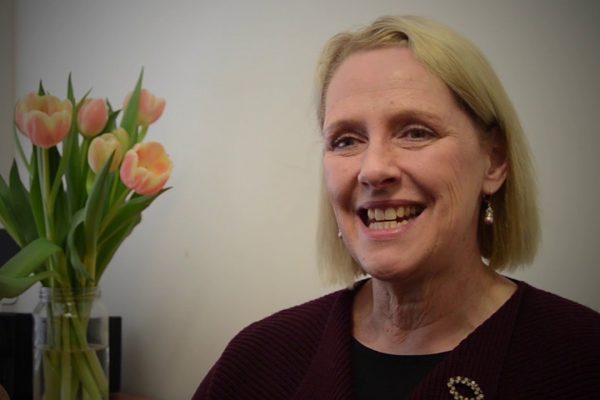“They shall grow not old, as we that are left grow old;
Age shall not weary them, nor the years condemn.
At the going down of the sun and in the morning
We will remember them.”
I have visited Flanders Fields at various times over the years. I find it a moving place to visit, no matter how many times I go there. There are graveyards upon graveyards, with both named and unnamed soldiers, buried in uniform rows dotted with white crosses. The enormity of the loss of life in the First World War cannot be escaped in Flanders. I feel sad each time I visit, and it continues to make me ask the question – how could human beings do this to each other? Each soldier who died in Flanders Field, no matter which side of the battle, was someone’s son or someone’s daughter. They were a brother or a sister or a friend to someone. It is no wonder the tragic loss of life and the grief has continued for generations.
We should visit sites like these to help us remember the potential that human beings have to harm and kill each other. It is easy in a time of peace to forget that human relationships can dissolve into violent conflict very quickly.
That is why working for peace is something that human communities need to continue to do. And as Martin Luther King is quoted as saying, the work of peace is the work of justice.
St John Paul II reflecting on the legacy of two World Wars takes up a similar theme:
I have often paused to reflect on the persistent question: how do we restore the moral and social order subjected to such horrific violence? My reasoned conviction, confirmed in turn by biblical revelation, is that the shattered order cannot be fully restored except by a response that combines justice with forgiveness. The pillars of true peace are justice and that form of love which is forgiveness. (John Paul II, World Day of Peace, 1 January 2002)
These are challenging words. Can peace really only come about through justice and love? It does seem conversely true that violence only seems to beget violence. Even if a short lived peace might seemingly follow an initial crushing act of violence, it doesn’t seem to last for long.
We are too aware of the many acts of violence that erupt in our world on a regular basis. We are also aware of the instinctive human response to want to retaliate with the same.
The Gospel would seem to ask something more from us. Remembrance Day should definitely be a time to remember the dead and the tragic loss of thousands of (young) lives in wartime. If it is to have meaning for us now, it might also be a time for us to commit ourselves to justice: to just relationships with those around us; to just relationships between nations; to just for the displaced, the downtrodden and the marginal. If justice becomes a global reality than perhaps war will be no more. Perhaps our remembrance will bring peace.
By Fr Brendan Reed




Comments
Francis Bourke
Thanks Fr Brendan for your thoughtful comments regarding the search for permanent peace. I am especially touched by your comments regarding the impact at viewing all those graves in Flanders. Did you have a family connection with this experience? Kerry and I have traveled to where my grandfather served on an actual World War 1 battlefield in Belgium where he was wounded at Broodseinde Ridge in 1917. He returned to home in 1919 after marrying my grandmother (a lady from York) in Portsmouth in 1919. Apparently he was badly damaged mentally as well as physically and died in 1936 at the age of 42. You would probably know that Australia suffered the highest casualty rate on a per capita basis of all the Allies, but I suspect that he was not part of that statistic of 60,000 dead and 150,000 wounded because he actually survived. The impact on those suffering relatives waiting and wondering at home must have been enormous (there were only less than 5 million people in Aust at the time). So much so, that when my own father went off to War in 1943 as a pilot, little more than 25 years later, his mother threw out all of his clothes and possessions that remained at home because she believed that she would never see him again! She also handed out a photo of him, pictured in his RAAF uniform to parishioners at the local Parish mass on Sundays (St Mary's Nathalia) asking them to pray for his welfare and safety. Those prayers were not in vain, as he returned home safe and sound! When I think of this scenario, I am brought back to earth by the realization that our own circumstances that we find ourselves in now, are not so bad compared to those that our parents and grandparents suffered.
Thanks for your ongoing and thoughtful ministry. Francis Bourke
Replies
Tony Mcilroy
Thank you Fr. Brendan for your reflections.
Remembrance Day has always been important to me and I can relate to the experience of Francis .
My grandfather and father also experienced war in France and New Guinea respectively and thankfully returned.
I always think of the impact that the duration of their service had on them in their formative years although not spoken about.
This helped me cope with being conscripted to national service and puts into perspective the difficult times we are contending with at present.
Add Comment